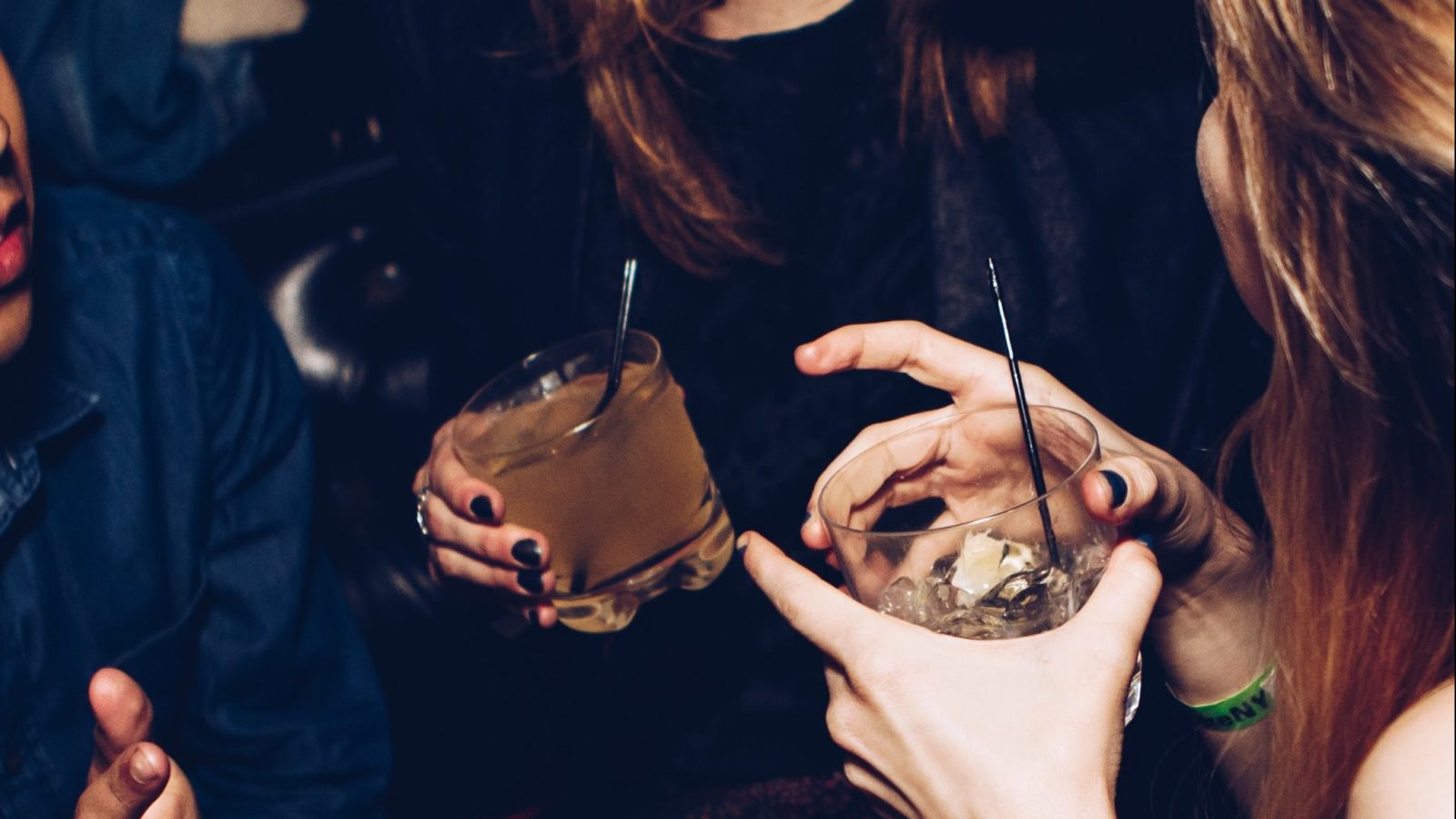“It won’t happen to me,” said my neighbour, a remarkable man who had single-handedly built an entire business empire from nothing and was a role model to many. Not an idiot by any account. And yet, following the countrywide lockdown, this man, who is well into his sixties and a diabetic and heart patient to boot chose to step out and personally meet with anguished employees to counsel them. His helpless wife commented, “He thinks he’s doing it for the greater good, and that he is not at risk.”
In philosophical terms, the opposing viewpoints of “I won’t ever die of coronavirus” and “I will surely die of coronavirus” represent a thesis and an antithesis. As with most oppositions, the greater truth lies in the interplay of both: the synthesis or the middle path. What makes this dialectic more complicated in the case of coronavirus, however, is that we don’t yet know all of the variables. It is hard to gamble at a game that has little order and where manipulating the odds is a herculean task.
In Italy, statistics currently suggest that everyone is playing a game of dice. How you interpret risk and threat when your actions can affect the lives of everyone is of paramount importance to—your wife, your children, your grandchildren, your peers, your neighbourhood, your city, the nation, the world—oh! And yes, YOUR EMPLOYEES. The stakes this time are apocalyptic.
In order to survive, human beings as a species are endowed with the ability to anticipate threat and make decisions. This cognitive ability is known as “foresight.” Bias is the tendency to think in a certain idiosyncratic way as demonstrated by the classic question: “Do you see the glass half-empty or half-full.”
So, for those who regularly take big risks and who have seen these risks pay off positively, the mind calculates the probability of a negative outcome using the “discounting principle.” This means that such a person is saying to himself “Once this lockdown is over, the next thing I am going to do is…,” and “My ten year plan is…”, rather than, “When I went out yesterday I could have contracted the virus”, or “I am putting other people at risk”.
Cognitive neuroscientist Tali Sharot explains in her book The Optimism Bias: A Tour of the Irrationally Positive Brain how people who are optimistic generally do better emotionally, which is good under normal circumstances. They accept the existence of dangers but they reject or underestimate the notion that they are in any danger. So they tell themselves, “Chances are, this will not happen to me.” But these are extraordinary circumstances and this very trait is what can get us all in trouble.
A 2004 study, ‘Optimism across cultures: In response to the severe acute respiratory syndrome outbreak’ by researchers Ji Li-Jun and others, showed that no matter which culture you belong to, many people have an unrealistic optimism bias as demonstrated during the SARS outbreak. In other words, they believed: “This will not happen to me or to someone I love.”
The dilemma for psychologists is that while such people are capable of lifting your spirits, making you feel less worried and more emotionally stable (“It’s going to be alright”), during a pandemic, they are the ones more likely to spread infection.
What, then, must we do?
1. Provide the Covidiot with information on bias and cognition to induce insight. Awareness of one’s own psychological tendencies helps with insight and therefore greater self-control.
2. Engage in a behavioural experiment of “due diligence” with them. This would mean working out the costs and benefits of their decision to go out before they do it. This can include the cost vs benefit to oneself, one’s family, society, etc. (In an essential service such as running a grocery shop, given your pre-existing conditions, do you need to be the one going out or can you delegate to someone less at risk? What will the financial cost/benefit of going out be? How do they plan to mitigate risks? If the plan doesn’t work, what preparation have they made for negative outcomes?).
3. Unfortunately, immediate family members of the Covidiot are saddled with the crucial and indispensable duty of getting them to change their ways and save lives. But no matter how irritable they get with you for wanting them to “Stay at home”, you must not give up.
This is, afterall, a matter of life and death.
Note:
Covidiot: A person who stubbornly ignores ‘social distancing’ protocols, thus helping to further spread COVID-19.


